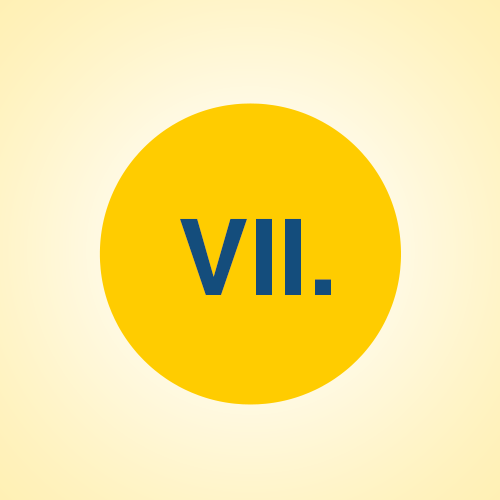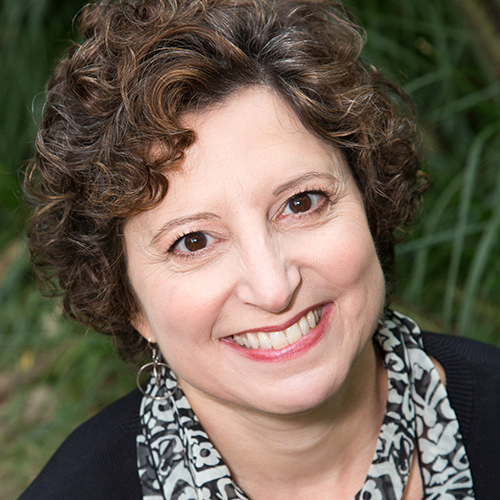 Supplementation & Artificial Breast Milk Online Course(s) & Continuing Education
Supplementation & Artificial Breast Milk Online Course(s) & Continuing Education
Access the latest clinical skills and research for Supplementation & Artificial Breast Milk for Lactation & Breastfeeding professional training. These Supplementation & Artificial Breast Milk online courses provide practice-changing skills and valuable perspectives from leading global experts. This Supplementation & Artificial Breast Milk education has been accredited for a variety of CEUs / CERPs and can be accessed on-demand, at your own pace.
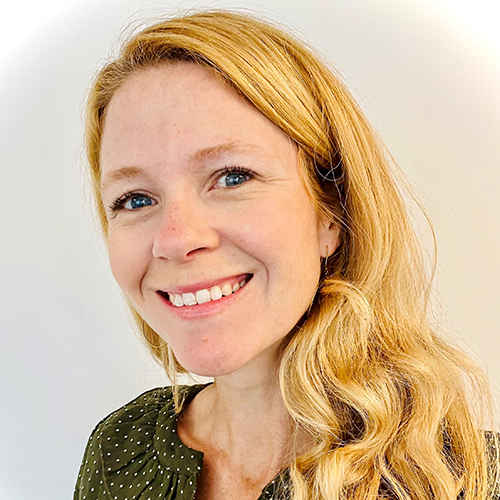
At-Breast Supplementation: Practical Tips for Using a Variety of Supplemental Feeding Tube Devices

Johanna Sargeant is an International Board Certified Lactation Consultant, teacher and writer based in Zurich, Switzerland. She is passionate about utilising her background in education, biological science, psychology and language to empower parents with empathetic support and evidence-based information through her private practice, Milk and Motherhood.
Originally from Australia, Johanna provides much-needed English-speaking support to many thousands of parents throughout Switzerland and across Europe, and has recently been writing new education modules for the European Society of Paediatric Research and the European Society of Neonatology. She has taught at the University of Zurich, has spoken as a panelist for the WHO's Baby Friendly Hospital Initiative congress in Geneva, has been an expert speaker and facilitator for Google, and has presented at a wide variety of international conferences. The complexities of her personal feeding experiences fuels her passion for providing knowledgeable, guilt-free infant feeding support globally.
Topic: Mastering Lactation Conversations: Creating Successful and Achievable Care Plans - [View Abstract]
Topic: Seeing the Bigger Picture: Finding Clues in Our Breastfeeding Clients' Surroundings - [View Abstract]
Topic: When Evidence and Empathy Aren't Enough: Changing Your Lactation Practice to Boost Client Success - [View Abstract]
Using an at-breast supplementer is often thought to be annoying, complicated and unsustainable -- but it doesn't have to be! While many lactation consultants are aware of the benefits of supplementing directly at the breast, many admit to feeling overwhelmed, and few actually use it with their clients. With this presentation, you will learn the specific benefits and barriers to this form of supplementation, view demonstrations of a variety of these devices, and learn some tips and tricks to make this at-breast supplementation feasible and sustainable for families. We all need to feel comfortable recommending and teaching the use of these tools, enabling us to foster the best overall health for the families we support.
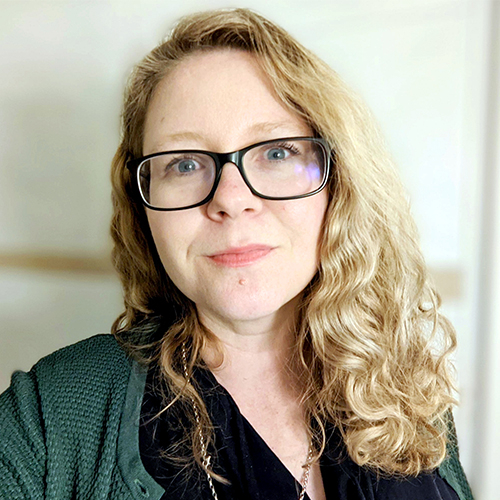
View Details / Enroll
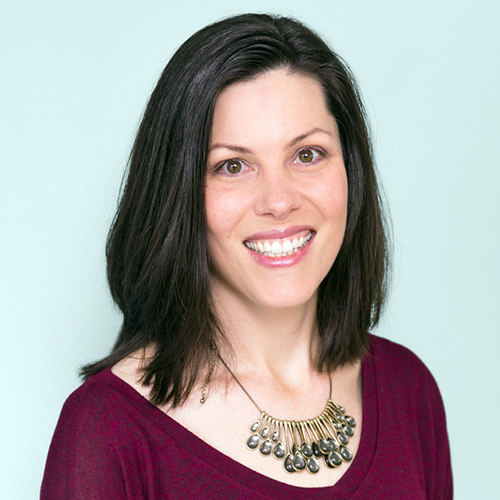
Examining the Roots of the Formula Crisis and Insights on Ending Exploitative Marketing from the 2023 Lancet Breastfeeding Series

Cecília Tomori is Associate Professor and Director of Global Public Health and Community Health at the Johns Hopkins School of Nursing with a joint appointment at the Johns Hopkins Bloomberg School of Public Health. She is a Hungarian American anthropologist and public health scholar whose work investigates the structural and sociocultural drivers that shape health, illness and health inequities. Dr. Tomori is an internationally recognized expert on breastfeeding, infant sleep and maternal child health.
During the COVID-19 pandemic, she has supported numerous organizations focused on maternal child health and health equity and advocated for equitable pandemic policies. She has authored three books on breastfeeding and reproduction, and published numerous articles on a range of public health and anthropological topics.
Topic: Resolving Cultural Conflicts in Nighttime Breastfeeding and Infant Sleep - [View Abstract]
This presentation will address the North American formula crisis that was triggered by investigations into the deaths and illness of several infants from contaminated commercial milk formula (CMF), leading to an extended shut down of a major plant and acute shortages of CMF. Infant feeding decisions are shaped by powerful, inequitable systems and this presentation will identify the corporate practices entailed in perpetuating harmful practices in this crisis and provide policy solutions for how to establish a more equitable and just system of infant feeding in a time of multiple, accelerating infant feeding emergencies due to climate change.
The second part of this 2 hour workshop will address key lessons from the 2023 Lancet Breastfeeding Series. Specifically, the presentation will review Series insights into the extensive influence of the commercial milk formula industry and outline the elements of the corporate playbook employed to increase sales and undermine breastfeeding. Additionally, the presentation will highlight sources from the extensive evidence brought together in the Series to demonstrate industry tactics ranging from scientific claims that lack evidential basis to the misconstruing of infant behavior, influencing health professionals and national as well as global regulations and policies. We will also discuss recommendations of the Lancet Breastfeeding Series workgroup to end exploitative marketing and improve support at all levels for breastfeeding and engage in discussion around opportunities to implement recommendations. This will be an interactive session with ample opportunities for questions and discussion.
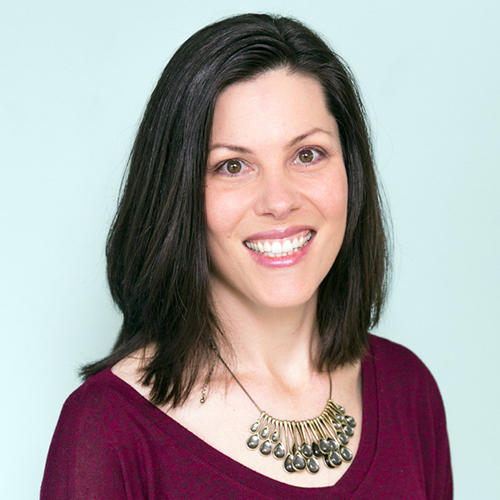
View Details / Enroll
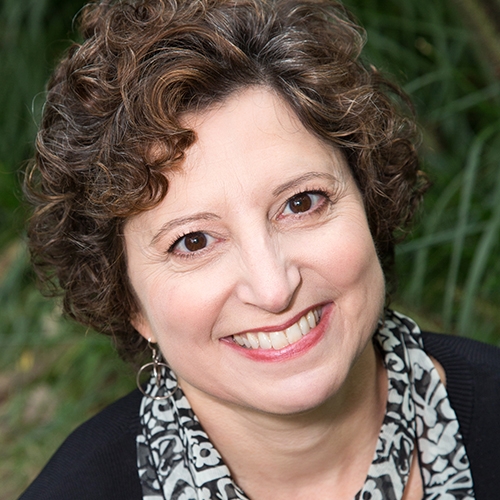

Alyssa has been helping parents and babies with breastfeeding since 2002, first as a La Leche League Leader and since 2009 as an International Board Certified Lactation Consultant.
Alyssa works in private practice serving clients worldwide, primarily through telehealth. She is the author of Breastfeeding Without Birthing: A Breastfeeding Guide for Mothers Through Adoption, Surrogacy, and Other Special Circumstances and a professional supplement to the book, The Breastfeeding Without Birthing Professional Pack online training.
Alyssa has authored articles for The Journal of Human Lactation: The Three Step Framework for Inducing Lactation and Successful Co-Lactation by a Queer Couple: A Case Study. She has also authored articles for La Leche League’s Leader Today and Breastfeeding Today magazines, and Adoptive Families magazine. She is an international speaker on the topics of inducing lactation, relactation, and other related topics. Alyssa is the proud mother of three breastfed children, two by birth and one by adoption. She lives in St. Louis, Missouri, USA.
Topic: Demystifying Inducing Lactation: How Lactation Happens Without Pregnancy and Birth - [View Abstract]
Topic: ReLATCHtation: Transitioning the Exclusively Bottle-fed Baby to Nursing - [View Abstract]
Topic: Supplementation: A Goldilocks Dilemma - [View Abstract]
Topic: The Proficient Pumper - [View Abstract]
Too much supplementation means baby is getting less of the parent’s own milk, and eventually, there is less milk production for the parent. Too little supplementation means baby is not fed enough. So how do we find that juuuuust right amount? Or determine whether supplementation is really necessary? When it is necessary, how do we supplement in a way that preserves long-term breastfeeding outcomes? This presentation can serve a guide for if, when, how and how much to supplement direct breastfeeding with additional human milk or infant formula.




